Appellate Decision Affects Hospital’s Ability to Claim Immunity
The Health Care Quality Improvement Act of 1986 (“HCQIA”), 42 U.S.C. 11101-11152 and the Colorado Professional Review Act, C.R.S. 12-36.5-101, were originally enacted to eliminate incompetent physicians by creating professional review committees that have the authority to suspend or terminate a physician’s medical staff privileges. The HCQIA provides a rebuttable presumption of immunity to the professional review committee and medical facility. In addition, peer review materials are privileged and cannot be obtained by the subjects of the peer review.
Eric Anthony Peper, M.D. was a cardiothoracic surgeon at St. Mary’s Hospital and Medical Center. In September 2002, Dr. Peper notified St. Mary’s of his intended resignation from St. Mary’s in order to set up a competing practice at another hospital. Within days of St. Mary’s discovering Dr. Peper’s intent to set up a competing practice, St. Mary’s selected 19 of Dr. Peper’s cases for review by an anonymous reviewer. The reviewer did not find that Dr. Peper’s treatment in any of the cases fell below the standard of care. Nevertheless, based solely on this review, St. Mary’s notified Dr. Peper that his privileges at the hospital were being revoked by the professional review committee and he would not be afforded a hearing or an appeal. Because of the revocation of his privileges, Dr. Peper has been unable to obtain privileges at any hospital and has been prevented from practicing cardiothoracic surgery.
Under the HCQIA, a professional review committee is required to provide for a hearing if it finds that a physician has provided substandard patient care. Dr. Peper argued that he properly rebutted the presumption of immunity because the peer review committee failed to afford him adequate notice and a hearing prior to revoking his staff privileges. The hospital argued that Dr. Peper waived his statutory due process rights pursuant to a waiver of hearing contained in the hospital bylaws.
The Colorado Court of Appeals determined that any agreement to be bound by hospital bylaws was legally insufficient to waive statutory due process rights. The Court of Appeals agreed with Dr. Peper and held that the hospital and its officers are not entitled to HCQIA immunity because Dr. Peper was denied statutory due process, including notice and a hearing, prior to revocation of his hospital privileges.
Anthony Leffert and Kimberly Bruetsch of Robinson Waters & O’Dorisio, P.C. prepared the briefs and argued Dr. Peper’s case before the Colorado Court of Appeals.








